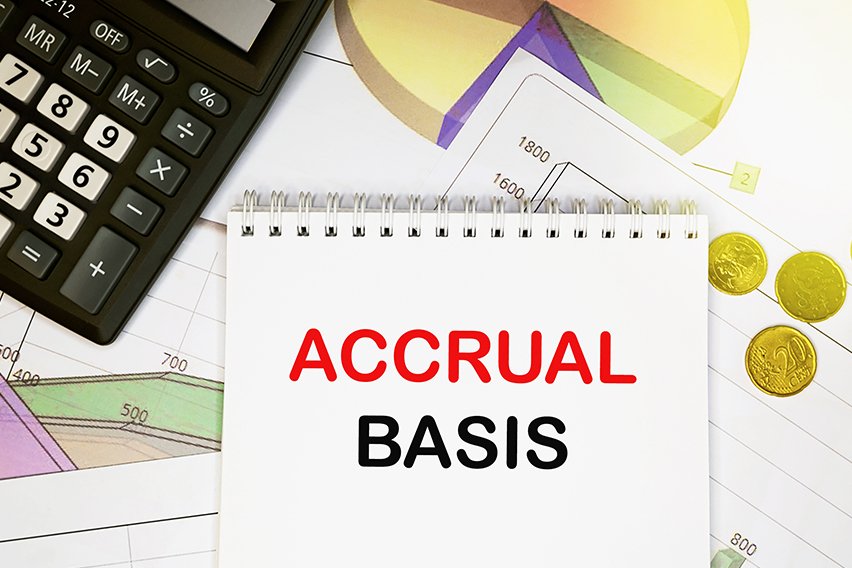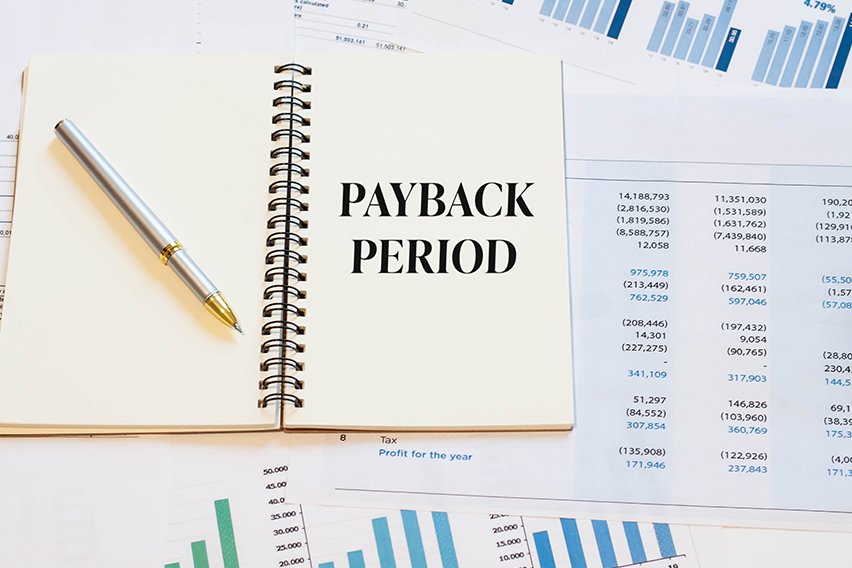Accounting Errors: What Is a Transposition Error

A transposition error is a common accounting error that is caused by substituting two (or more) sequential digits. For example, when a bookkeeper enters the number 56 instead of 65, it is a transposition error.
To spot the errors, find the difference between the recorded amount and the correct amount. It will be evenly divisible by 9.
What this article covers:
- How Do You Know If You Have a Transposition Error?
- How to Correct Transposition Errors
- Avoiding Transposition Errors

How Do You Know If You Have a Transposition Error?
A transposition error would create an imbalance between credits and debts and would be indicated by extracting a trial balance. However, spotting the error is difficult when it has occurred in both the debit and the credit entries as the trial balance would still balance.
How to Correct Transposition Errors
If you find a discrepancy in the accounting records, divide the number by 9. If the error is due to transposition, the number will divide evenly by 9.
For example, in your year-end review of the trial balance, you discover that there is a difference of $900 between your debits and credits. Since this number is evenly divisible by 9 (there is no remainder), it is a transposition error.

Avoiding Transposition Errors
Transposition errors are unintentional human errors that are common when data is entered manually and referenced from other sources.
While some errors might be insignificant, larger errors can lead to serious ramifications for the business. For example, if you record the amount $1,543,000.00 as $1,453,000.00, the resulting error has a value of $95,000.
This can have an impact on the income statement and indicate inconsistent and inaccurate financial incorrect records. Moreover, the incorrect information on tax forms, shareholder reports and other accounting documents can give a false perception of fraudulent activities.
To avoid transposition errors, you can:
- Avoid Manual Data Entry – Instead of manually entering expense receipts, you can use an expense tracking app that automatically updates your accounting software with expenses and reduces the chances of errors.
- Reconcile Bank Statements – It is easier to spot errors when you reconcile bank statements with accounting records every month. Online accounting software can make this task simpler.
- Double-entry Bookkeeping – Errors that affect the trial balance are usually the result of the one-sided entry in the accounting records. Using double-entry bookkeeping can reduce transposition errors. Since all entries are made twice, it is easier to spot the discrepancies.
RELATED ARTICLES

 How Accounting Can Help Your Small Business Succeed | How-To Guide
How Accounting Can Help Your Small Business Succeed | How-To Guide What Is LIFO Method? Definition and Example
What Is LIFO Method? Definition and Example Is Accumulated Depreciation an Asset? How To Calculate It
Is Accumulated Depreciation an Asset? How To Calculate It What Are Adjusting Journal Entries?
What Are Adjusting Journal Entries? Accrual Accounting: Definition, How It Works, and Examples
Accrual Accounting: Definition, How It Works, and Examples What Is a Payback Period? How Time Affects Investment Decisions
What Is a Payback Period? How Time Affects Investment Decisions